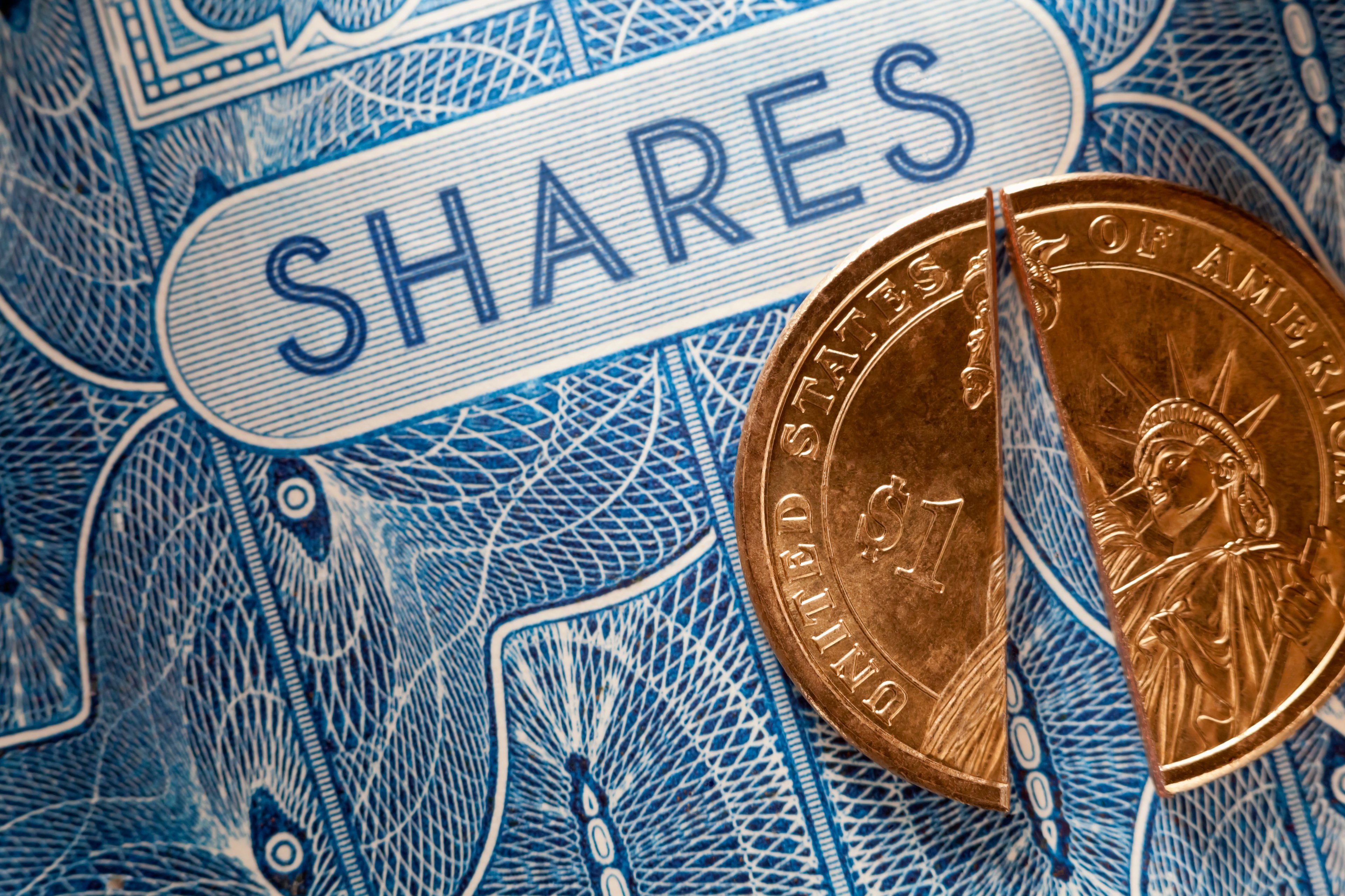When Facebook (FB 1.81%) said last week it would acquire WhatsApp for $19 billion, the tech world erupted with all kinds of words ending in "ment" -- excitement, wonderment, disagreement, and, perhaps most common, bewilderment.
After all, folks wondered, how could Facebook possibly assign a $19 billion price tag to a mobile messaging app that shuns advertising?
But before we get to that, the move also begs another important question: What could other up-and-coming mobile messaging platforms be worth?
Enter BBM
That's a question BlackBerry (BBRY 0.77%) shareholders have asked since the beleaguered smartphone maker revealed plans to bring BBM to iOS and Android last summer. It was unsurprising, then, when shares of BlackBerry rallied on the news.
Equally unsurprising was the reaction from BlackBerry CEO John Chen who, with a knowing chuckle on CNBC, insisted that "if someone came to me with $19 billion, I would would definitely sell" BBM.
Well, duh. We all knew BlackBerry's mobile messaging platform wasn't worth $19 billion. Heck, it's apparent from the interview even Chen isn't convinced WhatsApp merits the lofty price Facebook paid.
But given BlackBerry's comparatively tiny $5.5 billion market cap, BBM doesn't need to be worth $19 billion to create shareholder value, right?
To be sure, despite technical problems marring BBM's initial September launch, the app's rerelease on Oct. 22 was widely considered an immediate success as it added more than 20 million new users in its first week. At the time, BlackBerry lauded BBM's monthly active user base of more than 80 million.
By the time BlackBerry reported results for its fiscal third quarter ended Nov. 30, the company said BBM's new Android/iOS users had risen to 40 million.
BBM still isn't worth $5 per share
I found it curious, however, when Chen elaborated during the subsequent conference call that BBM still had 80 million active monthly users. The CEO did say an impressive 60% of that total is active on a daily basis, but it still indicates the initial rush of new BBM downloads has not only slowed, but also is not converting at a meaningful clip to active long-term users.
So where does that leave BBM?
You might recall last September, when ScotiaBank analyst Gus Papageorgiou raised eyebrows by claiming BBM could eventually be worth as much as $5 per share, or just more than $2.6 billion. However, that assumption was based on the premise that BBM would be able to more than quadruple its then-60 million active monthly user base to 250 million -- roughly the same number WhatsApp enjoyed at the time.
I wasn't convinced then, especially when we remember that BlackBerry could no longer rely on data fees to monetize BBM. Instead, it seemed clear BlackBerry execs would eventually turn to advertising as BBM's primary source of revenue.
However, I'll admit BlackBerry threw a small wrench in that argument Tuesday with the announcement of its eBBM suite, an enterprise-centric version designed to monetize BlackBerry's bread-and-butter clientele.
According to John Sims, BlackBerry's head of enterprise and BBM, "Of the 85 million users, one of the things we observed is that 25 million of those users are actually in the enterprise space."
So what's the problem? First, it seems Sims just inadvertently revealed that BBM's user base has added just 5 million new accounts since late December. Second, you can bet not all of BlackBerry's 25 million-strong enterprise group is willing to pay extra for BBM Protected, the first product in the eBBM suite designed to provide end-to-end secure chat. At its very best, enterprise monetization of BBM appears to be an incremental, finite opportunity.
WhatsApp has no equal
Meanwhile, WhatsApp has grown by leaps and bounds based not only on its ability to cater to consumers in emerging markets, but also its longstanding stance against selling ads -- both of which Facebook CEO Mark Zuckerberg made clear he doesn't intend to change: "By being part of Facebook, they can focus purely on connecting more people, [instead of] focusing on building its business model."
That's not to say WhatsApp has struggled to do both already; it has an affordable annual subscription model in place, and last week Facebook told investors WhatsApp had more than 450 million people using its service each month, with 70% active on a daily basis. Even more impressive, WhatsApp is still adding more than 1 million new registered users every day, lending credence to Zuckerberg's stance that the platform could eventually connect "1, 2, 3 billion people."
While all the Type-A, near-term-thinking analysts are finding it difficult to justify the $19 billion purchase price, this amazing network effect is precisely why the social media giant was willing to fork out $42 per user to bring WhatsApp under its enormous wing.
Over the long run, that's something BBM -- and any other mobile messaging platform, for that matter -- simply doesn't bring to the table.







